detail profile alf sj c3 b6berg
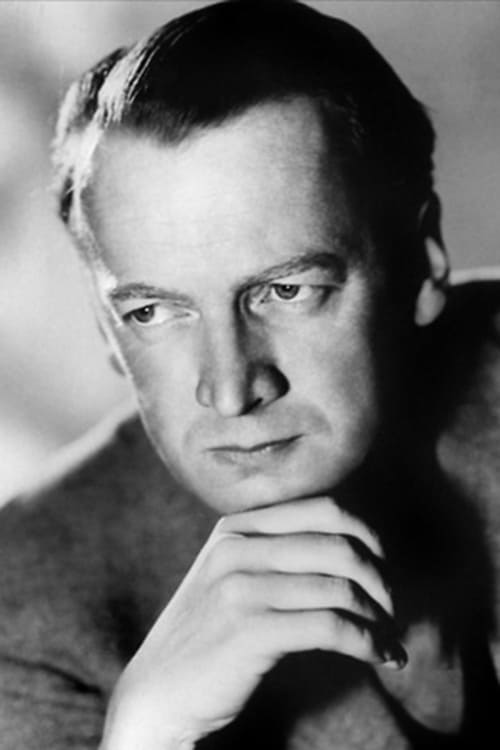
Riwayat Hidup
From Wikipedia, the free encyclopedia.
Sven Erik Alf Sjöberg (21 June 1903, Stockholm – 17 April 1980) was a Swedish theatre and film director.
He won the Grand Prix du Festival at the Cannes Film Festival twice: in 1946 for Iris and the Lieutenant (Swedish: Iris och löjtnantshjärta) (part of an eleven-way tie), and in 1951 for his film Miss Julie (Swedish: Fröken Julie)[1] (an adaption of the August Strindberg's play which tied with Vittorio De Sica's Miracle in Milan).
Despite his success with films Torment (1944) and Miss Julie, Sjöberg was above all, and foremost, a stage director; perhaps the greatest at Dramaten (alongside, first, Olof Molander and, later, Ingmar Bergman).
He was a First Director of Sweden's Royal Dramatic Theatre in the years 1930-1980, where he staged a large number of remarkable and historic productions.
Sjöberg was also a pioneer director for early Swedish TV theatre (his 1955 TV theatre production of Hamlet is a national milestone).
Sjöberg died in a car accident on his way to rehearsal at the Royal Dramatic Theatre in Stockholm.
Description above from the Wikipedia article Alf Sjöberg, licensed under CC-BY-SA, full list of contributors on Wikipedia
Info Pribadi
Peran Yang Di Mainkan Alf Sjöberg
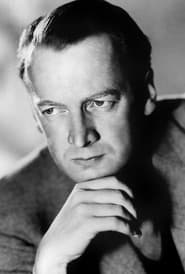 Alf Sjberg 19031980 was Swedens greatest theater...
Alf Sjberg 19031980 was Swedens greatest theater...Alf Sjöberg - mästaren 1983
Alf Sjöberg (1903-1980) was Swedens greatest theater director of the 20th century and as a film director the first of international importance since the silent film era. He won the Grand Prix du Festival at the Cannes Film Festival twice.
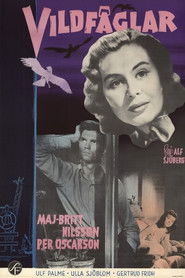 Wild birds A Swedish film noir...
Wild birds A Swedish film noir...Vildfåglar 1955
"Wild birds" - A Swedish film noir with the character of a French noir ('Quai des brumes', 'Le jour se lève'). Two worlds meet for a brief experience of happiness ended by a violent tragedy. In one world the unhappy prostitute (Ulla) finds a drunken young man (Nisse) who had previously failed in many occupations. She takes him home. Her feelings are like those for a younger brother.
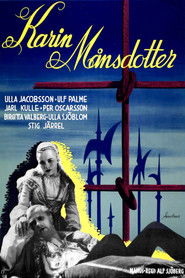 Karin does not belong to the...
Karin does not belong to the...Karin Månsdotter 1954
Karin does not belong to the nobility but nevertheless marries the mentally ill king Erik XIV and becomes queen of Sweden. The king's skilled counsellor Göran Persson wants a royal policy supporting the people and supported by it. But in relation to the nobility the king oscillates between provocative strength and unpredictable weakness. Göran arranges that some very powerful noblemen are killed. Subsequently the king tries to have them convicted of high treason by the parliament. He forgets the manuscript, mixes up all facts, and the noblemen are acquitted. But Göran speedily gathers another parliament and has them convicted. Meanwhile Erik apologises because of the unjust murders. Hence Erik is dethroned and imprisoned. Göran is executed. Karin is restricted to a castle in Finland. In the prison Erik believes that he is still the king and gives the guards presents such as all fishes in the Baltic Sea.
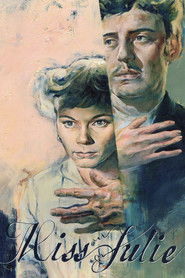 Based on the play by August...
Based on the play by August...Miss Julie 1951
Based on the play by August Strindberg, Miss Julie vividly depicts the battle of the sexes and classes that ensues when Julie, a wealthy businessman's daughter, falls for Jean, her father's bitter servant.
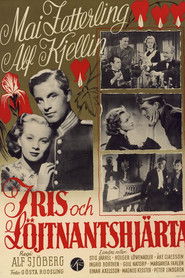 Robert an upperclass officer meets and...
Robert an upperclass officer meets and...Iris and the Lieutenant 1946
Robert, an upper-class officer, meets and falls in love with Iris, a house maid. His family will do anything to stop her from marrying him.
 JanErik Widgren meets the lonely Bertha...
JanErik Widgren meets the lonely Bertha...Torment 1944
Jan-Erik Widgren meets the lonely Bertha Olsson, a woman struggling with alcoholism. Though Bertha is already linked to Caligula, Jan-Erik's heartless teacher, she begins a relationship with the boy anyway. When Caligula learns that Jan-Erik is having an affair with Bertha, he begins to torture his student psychologically. He reserves his cruelest behavior for Bertha, however, which results in a tragic turn of events.
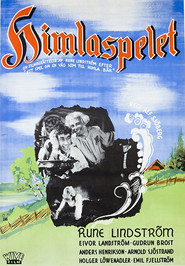 The Heavenly Play Mats Ersson is...
The Heavenly Play Mats Ersson is...The Heavenly Play 1942
"The Heavenly Play" - Mats Ersson is engaged to Marit and they plan to get married in the spring. But when the plague comes, the people accuse Marit of witchcraft. She is sentenced to death. Mats can not understand the divine justice and decides to go to paradise and ask God himself. It becomes a journey where he meets the prophets, king Solomon and finally God himself.
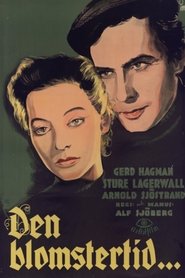 On an island in the Stockholm...
On an island in the Stockholm...Den blomstertid... 1940
On an island in the Stockholm archipelago lives a man named Albin who has fallen in love with the new school teacher named Eva. Because of the Winter War the island is isolated and smuggling is rampant, the leader of this operation is named Fritjof and he is also interested in Eva.
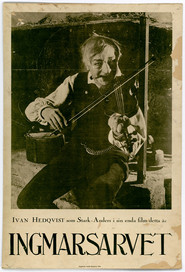 When his ancestors seem to appear...
When his ancestors seem to appear...The Ingmar Inheritance 1925
When his ancestors seem to appear in the clouds during a storm of biblical proportions, young Ingmar decides to give up his career as the village teacher and to reclaim the land and farm of his fathers. The same stormy night, the charismatic preacher Helgum arrives in the village to spread the word about the promises of the Holy Land, which turns parents and children, men and wives, brothers and sisters, against one another. Ingmar is torn between his love for the headmaster’s daughter Gertrud who is under the preacher’s spell, and the prospects of marrying the judge’s daughter Barbro in order to keep the farm.
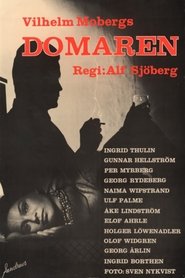 Krister and his fianc Brita return...
Krister and his fianc Brita return...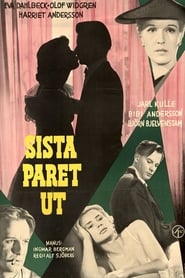 About the life of the student...
About the life of the student...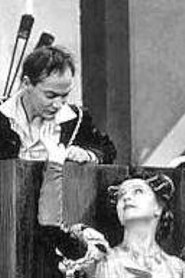 Prince Hamlet returns home from the...
Prince Hamlet returns home from the...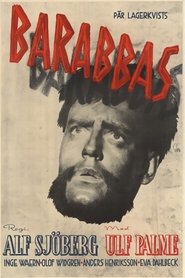 The story about the thief who...
The story about the thief who... A poor woman in a Swedish...
A poor woman in a Swedish...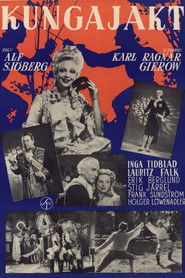 The film takes place in the 1780...
The film takes place in the 1780...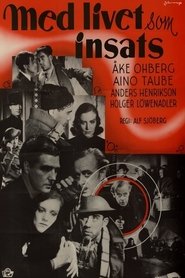 With life at stake Max is...
With life at stake Max is...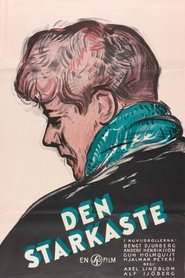 An itinerant sailor meets a beautiful...
An itinerant sailor meets a beautiful...